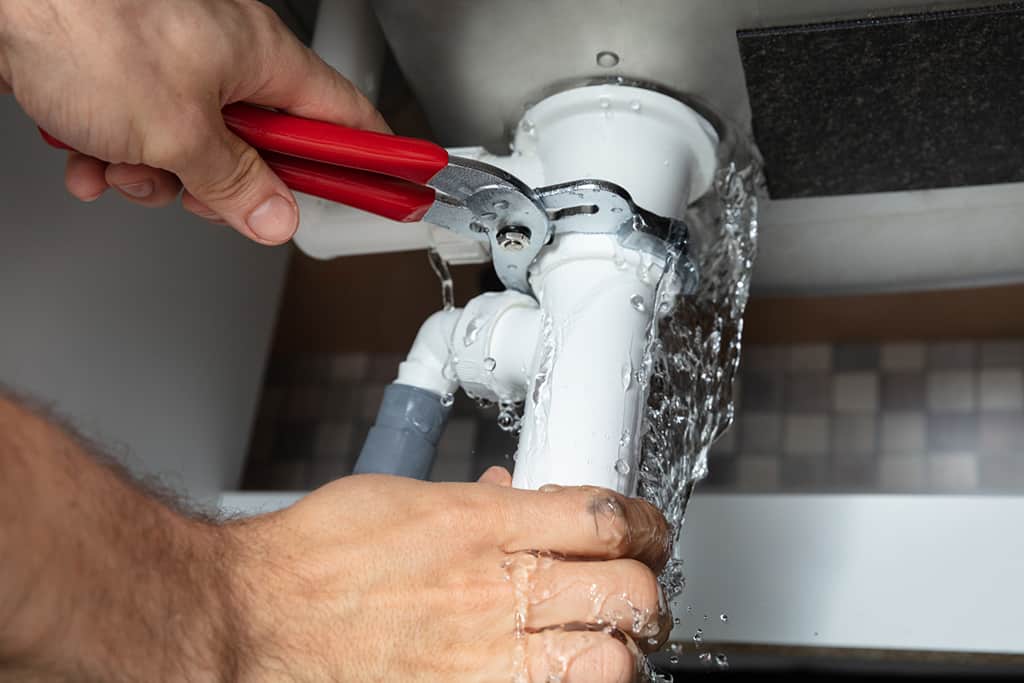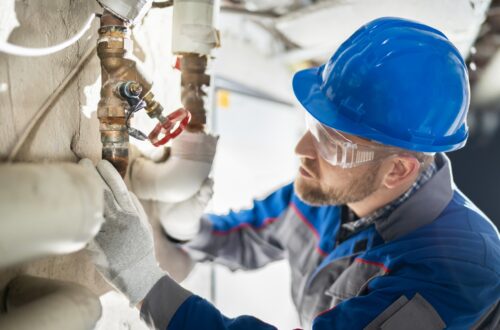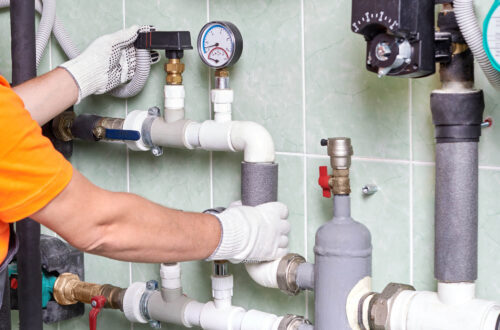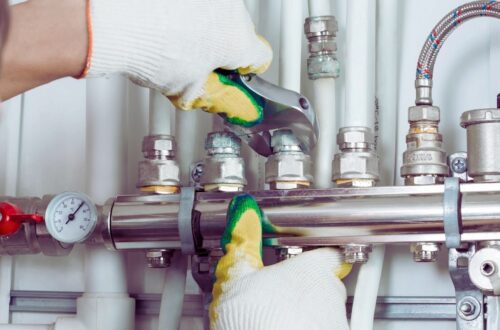Plumbing problems can strike at any time and, often, without warning. A burst pipe, a clogged drain, or a leaky faucet can quickly turn from a minor issue into a major disaster if not addressed promptly. However, many plumbing disasters can be avoided with a bit of preparation, regular maintenance, and a little know-how. Here are several steps you can take to prevent plumbing disasters before they happen and ensure that your home’s plumbing system remains in top shape.
-
Regular Inspections: The First Line of Defense
One of the most effective ways to prevent plumbing problems is to schedule regular inspections. A professional plumber can assess your system for potential issues such as weak pipe joints, rust, corrosion, or faulty connections. Even if you don’t notice any signs of trouble, an inspection can catch problems early and allow for timely repairs.
Regular inspections should focus on the following key areas:
Pipes and water lines: Look for signs of leaks, corrosion, or water damage.
Drains and sewers: Check for blockages or signs of water backup.
Water heater: Ensure it’s functioning properly and free of sediment buildup.
Fixtures and appliances: Inspect faucets, toilets, and washing machines for signs of wear.
Early detection of minor issues can prevent costly repairs and potentially catastrophic plumbing disasters down the line.
-
Maintain Your Drains
Clogged drains are one of the most common plumbing issues, and they are often a result of improper usage or lack of maintenance. To avoid clogs, avoid dumping grease, hair, soap, or food scraps down the drain. Consider installing drain covers in sinks, bathtubs, and shower drains to catch hair and debris before they enter the pipes.
Additionally, performing a periodic drain cleaning can help keep things flowing smoothly. Use a mixture of baking soda and vinegar followed by hot water to clear out minor clogs or buildup. For persistent problems, you may need a professional drain cleaning service.
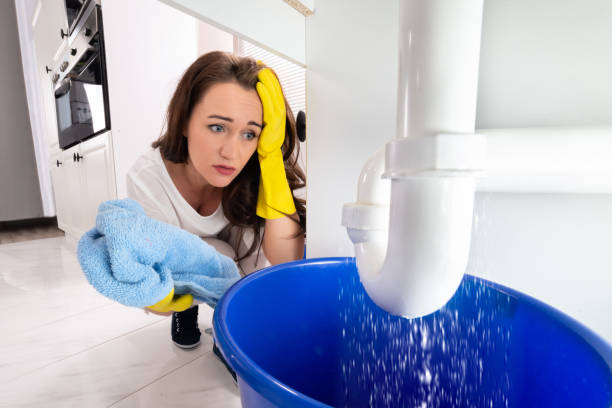
-
Know What Not to Flush
One of the biggest causes of plumbing disasters is flushing inappropriate materials down the toilet. While it may seem convenient, items such as wipes, paper towels, sanitary products, and even excessive toilet paper can easily clog your pipes. These items do not break down like toilet paper and can lead to blockages in your plumbing system, potentially causing expensive repairs.
Make sure everyone in your household knows what can and cannot be flushed down the toilet. In many cases, items that are not toilet paper should be disposed of in the trash, not the toilet.
-
Prevent Freezing Pipes
In colder climates, one of the most common plumbing disasters is frozen pipes. When temperatures drop, water inside pipes can freeze, causing them to expand and potentially burst. This can lead to extensive water damage and costly repairs.
To prevent this, take the following precautions:
Insulate exposed pipes in areas like basements, attics, and crawl spaces.
Allow faucets to drip slowly during extreme cold weather to prevent freezing.
Keep the heat on in areas of your home that are prone to freezing.
Close off vents in areas where pipes are exposed.
If you’re going away during winter, make sure to leave the heating on at a low temperature to avoid frozen pipes.
-
Check Your Water Pressure
High water pressure can cause a range of plumbing issues, from leaky faucets to ruptured pipes. If you notice that your water pressure seems unusually high, it’s worth checking with a plumber to ensure it’s within the recommended range (typically between 40-60 psi).
If necessary, a pressure-reducing valve can be installed to regulate the pressure and protect your plumbing system. Not only does this prevent damage to pipes, but it can also save water and reduce your utility bills.
-
Know the Location of Your Main Shutoff Valve
In the event of a plumbing emergency, knowing the location of your main water shutoff valve is critical. If a pipe bursts or you have a major leak, turning off the water supply immediately can minimize water damage and prevent the situation from escalating.
Make sure everyone in your household knows where the valve is located and how to turn it off. It’s typically found in the basement, garage, or outside near the foundation of your home. Test the valve periodically to ensure it’s functioning properly.
-
Replace Aging Plumbing Systems
Plumbing materials have a finite lifespan. Over time, pipes can weaken, corrode, or become damaged. If you live in an older home, it’s essential to keep an eye on the condition of your plumbing system. Old pipes made from materials like galvanized steel or polybutylene are more prone to breaking down and can lead to major plumbing disasters if not replaced.
If your home is more than 30 years old and you’ve never had the plumbing system updated, consider having a professional plumber assess your pipes and suggest necessary replacements.
-
Fix Leaks Promptly
Even a small leak can quickly turn into a big problem if left unchecked. Leaking faucets, toilets, and pipes waste water, drive up your water bills, and cause damage to walls, floors, and ceilings. Fix leaks as soon as you spot them to prevent these issues from escalating.
Many leaks can be fixed with simple tools and some know-how. For more significant leaks or complex issues, it’s best to call a professional plumber to ensure the job is done correctly.
By taking proactive steps to maintain your plumbing system, you can avoid many common plumbing disasters before they happen. Regular inspections, proper drain care, and timely repairs can go a long way in preventing costly issues and protecting your home. It’s always better to be safe than sorry when it comes to plumbing – taking the time now to address potential problems can save you time, money, and frustration in the future.
